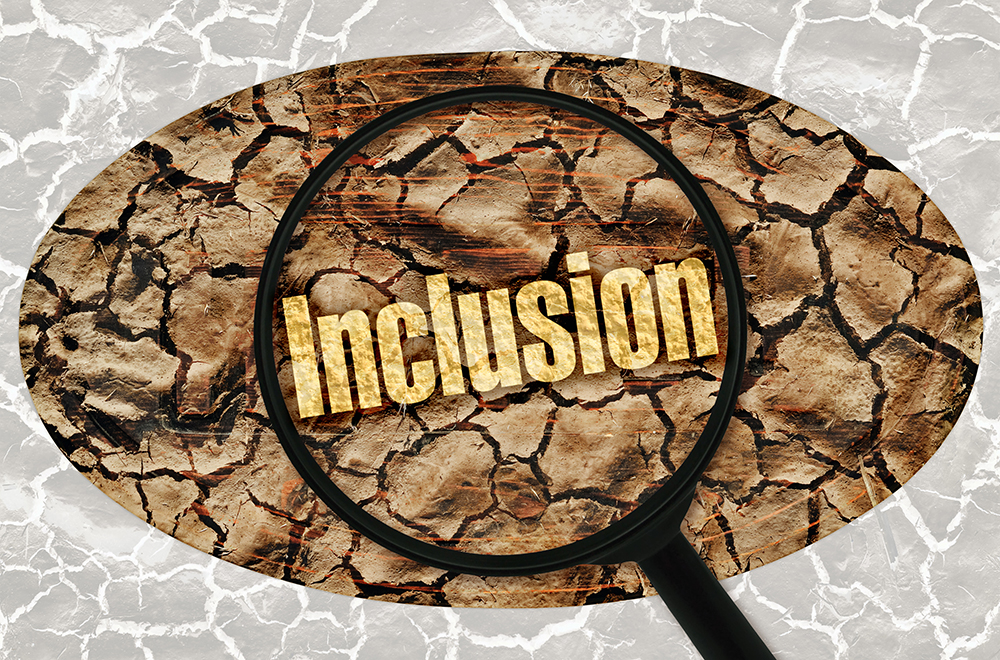A Productivity Commission review of the National Disability Agreement (NDA) found it no longer serves its purpose, and a new agreement is needed.
The Productivity Commission’s Final Report said that improving the wellbeing of people with disability and their carers requires a collaborative response from all levels of government that extends well beyond the National Disability Insurance Scheme (NDIS) and to other services. Also, that governments should deliver greater clarity on which programs they are rolling into the NDIS and how these will support people with disability who are not covered by the NDIS, a grey area that needs to be urgently addressed.
National Disability Services (NDS) CEO Chris Tanti said a new NDA is long overdue. “We are pleased this review calls out state governments and confirms what disability service providers, people with disability and their families and carers have been telling us.
“Indicators of outcomes for people with disability across health, employment, housing, education and skills haven’t improved since the Disability Strategy was agreed, and in some cases for example, employment have worsened.” More frequent monitoring and evaluation of the agreement will raise its profile during a critical time for disability policy reform, Tanti said.
NDS also supports the reorienting of the NDA as a person-centred document that reflects the shift already underway to put people with disability, their families and carers at the centre of services and support.
“More clarity about the roles and responsibilities will be welcomed by service providers who often find they are supporting people dealing with the gaps, cracks and overlaps between specialist disability services and mainstream services. Only 10 per cent of people with disability are likely to be eligible for an individual NDIS package but there are more than four million Australians with disability who are not eligible for NDIS support that need to be acknowledged,” he said.
Occupational Therapy Australia noted that, in the majority of cases, it is impossible to draw a clear line between the health and disability systems, with an artificial line in place for funding purposes. This arbitrary line is preventing consumers from receiving a seamless service. In the Commission’s 2011 report from its inquiry into Disability Care and Support, it noted that, despite the introduction of the NDIS, “it is likely that some ambiguity will remain around the respective responsibilities of the health and disability system”. Seven years on, the delivery of integrated care not only remains an ongoing challenge, it is arguably becoming even more complicated.
An additional consideration from the review is how the new NDA should incorporate workforce development for services received by all people with disability, in particular those outside the NDIS. Many of these services are delivered by people who do not specialise in disability care, such as a GP and social workers.
Actions to develop the disability care workforce have so far been piecemeal and uncoordinated although there are indications of progress in this area with COAG recently tasking skills officials to work alongside disability officials to develop and support a national disability workforce strategy. A report back to ministers is to be presented at the next COAG Disability Reform Council meeting in the first half of 2019.
2020 time frame
A new NDA should be agreed at the start of 2020, with updates made to schedules as required and independently reviewed every five years. To meet this time frame several concurrent streams of work will need to commence immediately, and be progressed while the new NDA is being negotiated. In part, these are negotiations that need to take place between governments.
A statement of the agreed roles and responsibilities of governments is a key element of the NDA but the disability policy landscape has changed significantly since the NDA was updated in 2012, most notably with the introduction of the NDIS.
The NDA, NDS and NDIS are each underpinned by different types of intergovernmental agreements, outcomes and performance reporting arrangements, with some overlap and duplication. The multitude of different agreements, strategies and plans are causing unnecessary complexity. Without a clear and logical link between the purpose and scope of each of these arrangements, there is a risk of confusion and reduced accountability for improving outcomes for people with disability and carers.
An overarching agreement is needed to clarify the relationship between all aspects of the disability policy landscape, and to facilitate cooperation between governments and promote greater accountability. Further, the Commission is of the view that a national agreement is likely to be the most effective instrument to influence and drive government policies and practices to achieve the agreed outcomes. But in their current form, neither the NDA nor the NDS is broad enough, or comprehensive enough, to perform an overarching role.
The Coalition Government has welcomed the release of the Final Report. In a statement Social Services Minister, Paul Fletcher said: “the government will continue to work with all governments, people with disability and the disability sector to consider the findings and recommendations of the Report as we develop a new strategy”. He said the findings are highly relevant for informing the design of a new NDS for beyond 2020. Work has already started with public consultations starting later this year.
“We understand the need for a renewed commitment between the Commonwealth, states and territories,” the minister said.
Other disability advocacy groups including Every Australian Counts and the Australian Federation of Disability Organisations also support the review findings.

